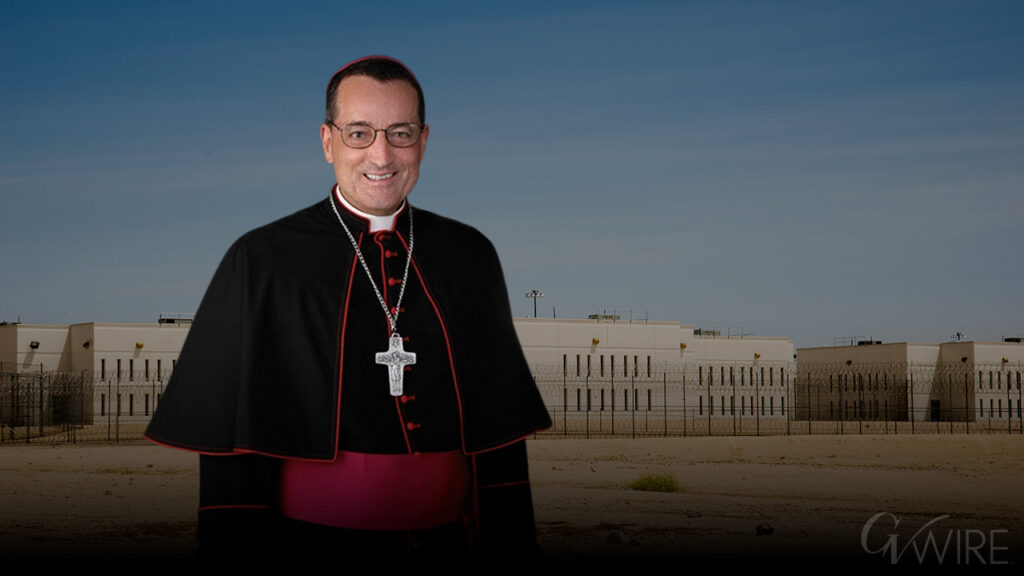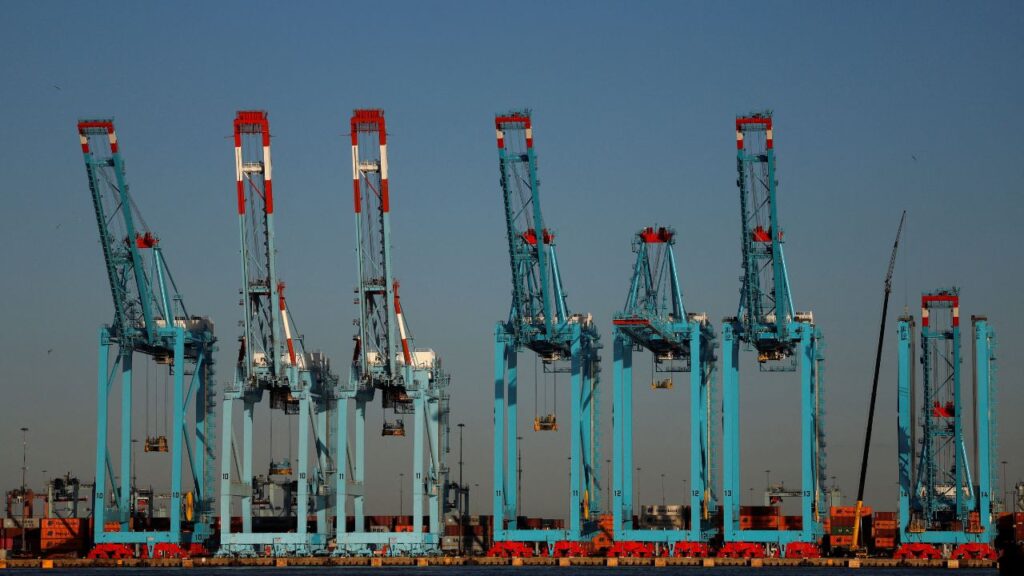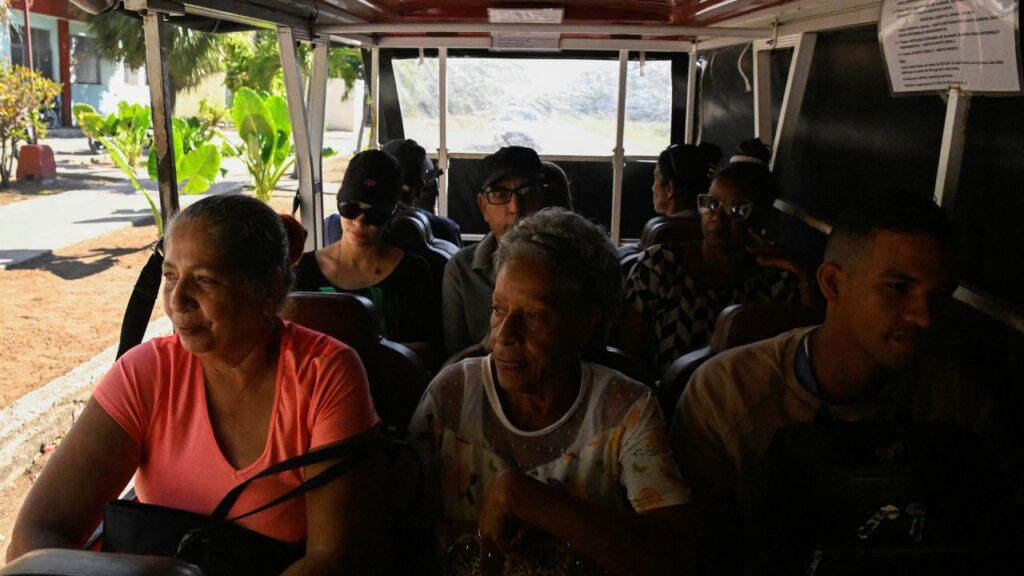Share
TEHRAN, Iran — Iran reported another 129 fatalities from the new coronavirus on Monday, the largest one-day rise in deaths since it began battling the Middle East’s worst outbreak, which has claimed more than 850 lives and infected a number of senior officials in the country.
The divergent approaches adopted by local authorities reflect continued uncertainty over how to slow the spread of a virus that has infected around 170,000 people worldwide and caused more than 6,500 deaths.
Some have opted for an even more aggressive response. Israel, where the number of confirmed cases has more than doubled to around 250 in recent days, has authorized the use of phone-snooping technology long used against Palestinian militants to track coronavirus patients. Such practices will spark renewed debate over privacy issues as countries around the world confront the pandemic.
Most people experience only mild or moderate symptoms, such as fever and cough, and recover within weeks. But the virus is highly contagious and can be spread by people with no visible symptoms. For some, especially older adults and people with existing health problems, it can cause more severe illness, including pneumonia.
Iraq announced a weeklong curfew late Sunday. People raced to supermarkets and swiftly emptied shelves, while others stocked up on cooking fuel. The curfew, which is set to begin late Tuesday, includes the suspension of all flights from Baghdad’s international airport.
Both Iraq and Lebanon Have Been Largely in Disarray
Iraq’s Health Ministry has reported 124 cases of coronavirus and nine deaths.
In Lebanon, where the government ordered a lockdown, traffic was thin and some streets were completely empty on Monday, the start of the working week. Restaurants, cafes and bars have been closed since last week and most private businesses were shuttered Monday. The small country has reported 99 cases and three deaths.
Both Iraq and Lebanon have been largely in disarray since anti-government protests broke out last year, and Lebanon was mired in its worst financial crisis in years even before the pandemic began.
One of the worst outbreaks in the world has unfolded in Iran, which has close ties to both Iraq and Lebanon. Authorities there have reported 14,991 confirmed cases and 853 deaths. Monday’s jump in fatalities was the largest one-day rise since the epidemic began. The real numbers may be even higher, as some have questioned the government’s reporting.
Many Iranians have dismissed fears about the virus and advice from public health officials to avoid social contact. Restaurants and cafes have remained open, though business has diminished.
On Monday, Iran closed the Masoume shrine, a major pilgrimage site in the city of Qom, the epicenter of the country’s outbreak. Authorities were already restricting access and barring pilgrims from kissing or touching the shrine, but it had remained open.

Egypt Has Reported 150 Cases, Including 70 Foreigners, and Three Deaths
Authorities also waited until Monday to close the Imam Reza shrine in Mashhad, which draws 25 million Shiite pilgrims a year, including many from neighboring Iraq, Pakistan and Afghanistan.
A member of the Assembly of Experts, which has the power to appoint or dismiss Iran’s supreme leader, died from the COVID-19 illness caused by the virus, the semi-official Fars and Tasnim news agencies reported Monday.
Supreme Leader Ayatollah Ali Khamenei, who is 80 years old and has been in power since 1989, wore disposable gloves at a recent public event, apparently as a precaution.
The official leading Iran’s response to the virus on Sunday expressed concerns that health facilities could be overwhelmed if the rate of new cases continues to climb.
Egypt has reported 150 cases, including 70 foreigners, and three deaths. It suspended all flights in and out of the country starting Thursday, lasting until the end of the month.
Israel’s Health Ministry said more than 1,000 doctors and a similar number of nurses have been quarantined. The health care system is already suffering from budget limitations linked to the prolonged political deadlock in Israel, which has not had a permanent government in more than a year.
Jordan Has Reported 19 Cases, One of Whom Recovered
Israel swore in its new Knesset, or parliament, after elections earlier this month. The 120 members took the oath of office in groups of three, in keeping with bans on large gatherings.
The Palestinian Authority, which governs parts of the Israeli-occupied West Bank, said anyone entering the territory would be placed in quarantine for 14 days. The Palestinians have reported nearly 40 cases, most linked to an outbreak in the town of Bethlehem.
Jordan has announced similar measures, saying travelers arriving in the country will be quarantined at hotels on the Dead Sea and the southern Red Sea city of Aqaba. Health Minister Jaber Saad said the popular tourist area along the Dead Sea would be isolated and administered by the military.
Jordan has reported 19 cases, one of whom recovered.
Bars and pubs were closed in Dubai through the end of the month, and authorities ordered people not to hold weddings or parties in their homes. Community pools were also locked down.
Saudi Arabia closed malls, cafes and parks, allowing only grocery stores and pharmacies to stay open and limiting restaurants to delivery.
Pakistan meanwhile reported a surge of new cases, bringing its total to 136. It said most of those who tested positive had recently returned from neighboring Iran.
[activecampaign form=29]



















